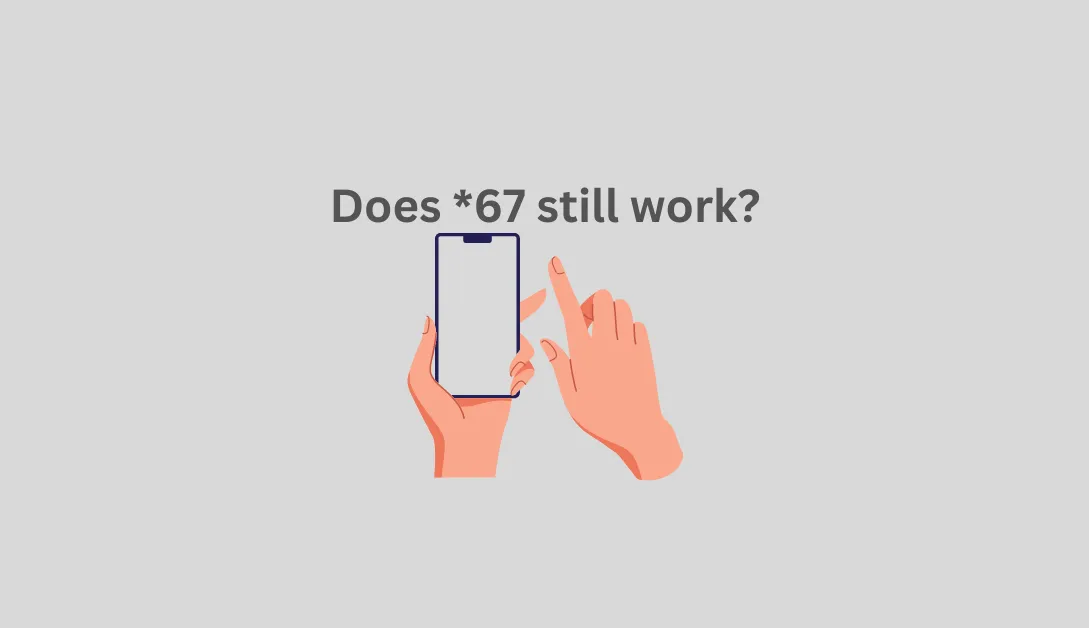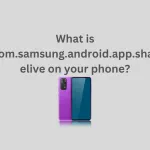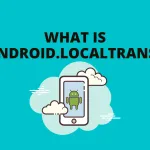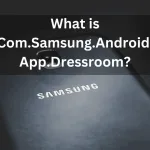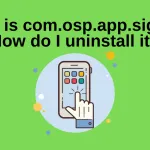Have you ever wondered if you can make an anonymous call? You may have wanted to keep your number private for a particular call or had concerns about your privacy. There’s a handy feature you might have heard of called *67. But the burning question remains: Does *67 still work? Let’s dive into Caller ID, privacy, and technology.
How *67 works?
Before we delve into the current status of *67, let’s understand how it works. Caller ID is a feature that allows the call recipient to see the caller’s number on their phone’s display. It’s like a digital peephole, providing you with the incoming number. However, *67 acts as a privacy shield by altering the Caller ID information.
When you dial *67 followed by the number you want to call, it masks your number from the recipient’s Caller ID display. Instead of seeing your number, they will see a generic message like “Blocked” or “Private Number.” This nifty trick creates a layer of anonymity, giving you more control over your privacy.
The effectiveness of *67 – Does *67 still work?
Now that we understand how *67 works let’s explore its effectiveness in different scenarios.
SEE: What is com.samsung.android.app.sharelive?
Caller ID display on landline phones
If you still have a landline phone, you might wonder if *67 can shield your number effectively. The answer is it depends. *67 generally works well with traditional landline systems. When you use *67 on a landline, your number is typically blocked from the recipient’s Caller ID display. However, it’s essential to note that not all landline providers may support *67, and some organizations, like emergency services or toll-free numbers, may still capture your number.
Caller ID display on mobile phones
In the era of smartphones, you might be curious if *67 is just as effective. The good news is that *67 also works on mobile phones. When you activate *67 before dialing a number on your mobile device, your number is typically masked from the recipient’s Caller ID display. However, similar to landlines, there might be exceptions. For example, some international calls, emergency services, or specific organizations might still be able to capture your number.
SEE: Cellular Network Not Available for Voice Calls
Impact of *67 on other devices
Communication platforms like Voice-over-IP (VoIP) and internet-based calling have gained popularity as technology advances. But what about *67 in these contexts?
When it comes to VoIP systems, the compatibility of *67 varies. Some providers might support *67, while others might not. It’s crucial to check with your VoIP service provider to see if they offer this feature. Additionally, in internet-based calling through apps or services, *67 may only sometimes work as expected. These platforms might have privacy settings or caller identification systems that override the *67 feature.
Legal and ethical considerations – Does *67 still work?
While *67 can provide a sense of privacy, it’s essential to consider the legal and ethical aspects of using this feature.
Laws regarding the use of *67
The legality of using *67 depends on the jurisdiction you’re in. Different countries have varying regulations regarding the use of caller ID-blocking features. In some places, using *67 for personal calls is perfectly legal. However, there may be restrictions on using *67 for malicious or fraudulent purposes, such as making harassing calls. It’s crucial to familiarize yourself with the laws in your area to ensure you’re using *67 responsibly and within the bounds of the law.
READ ALSO: CNAM (Caller Name) Lookup: What is it?
Ethics of using *67
Regarding ethics, using *67 becomes a balancing act between privacy and transparency. While there are legitimate reasons to keep your number private, it’s essential to consider the potential misuse of *67. Using this feature to engage in harmful or illegal activities, such as prank calls or harassment, is unethical. It’s crucial to respect the boundaries of others and use *67 responsibly.
Alternatives to *67 – Does *67 still work?
If you’re looking for alternatives to *67 or want to explore additional privacy options, here are a few choices worth considering.
SEE: What Is org.codeaurora.snapcam?
Caller ID blocking services
Telecom companies often provide paid services that allow you to block your caller ID permanently. These services typically involve subscribing to a specific feature or contacting your service provider to enable permanent blocking. However, if you’re looking for free alternatives, some smartphones and apps offer built-in options to block your caller ID temporarily.
Voice-over-IP (VoIP) solutions
VoIP services offer various features that can enhance your privacy. Some VoIP providers allow you to configure your privacy settings, including blocking your caller ID. Additionally, certain VoIP services may offer features like call forwarding or masking your number with a different virtual number. These options provide an extra layer of privacy when making calls over the internet.
Recent developments and prospects
As technology evolves, so does the landscape of caller identification and privacy. Recent advancements in Caller ID systems may challenge the effectiveness of *67. New techniques or algorithms might be developed to bypass or uncover blocked numbers. Additionally, the emergence of alternative communication platforms, such as messaging apps and internet-based calling services, introduces new considerations for privacy and anonymity.
SEE ALSO: Verizon Sim Card Not Working: How to Fix this Error
Conclusion – Does *67 still work?
In conclusion, Does *67 still work? *67 can still help maintain privacy and anonymity during phone calls. It generally works well on landlines and mobile phones, though there may be exceptions and limitations. It’s crucial to understand the legal and ethical aspects of using *67.
